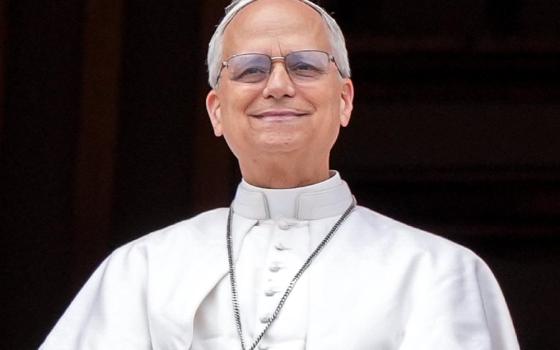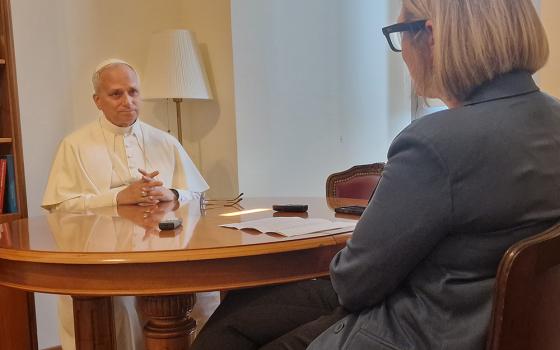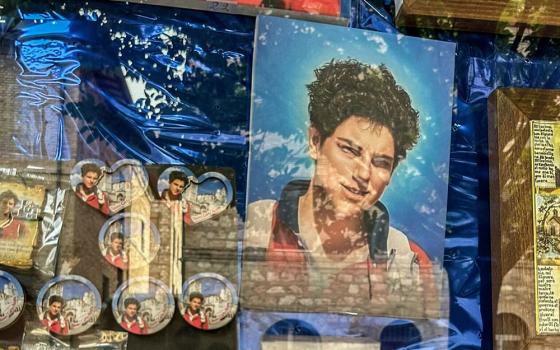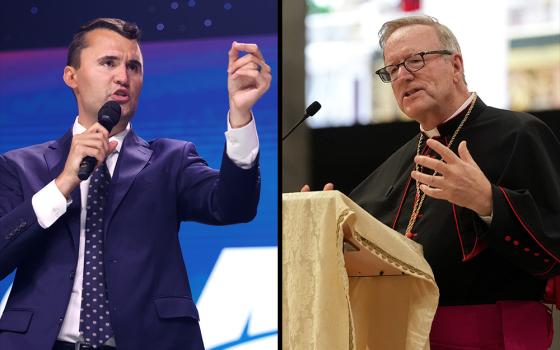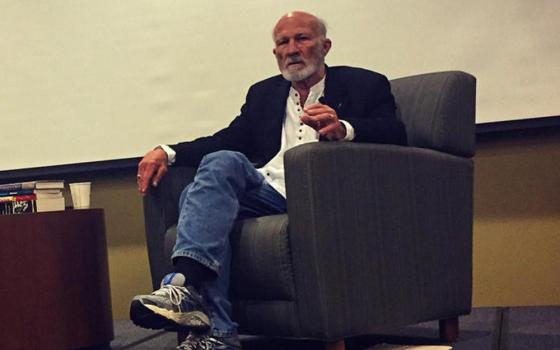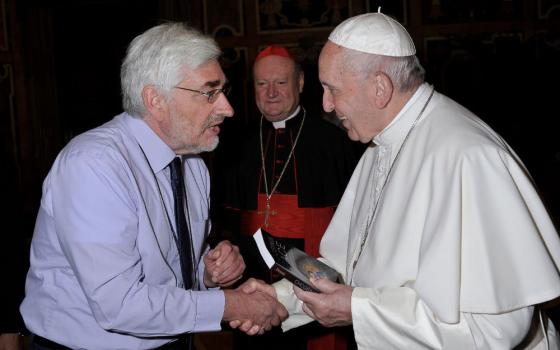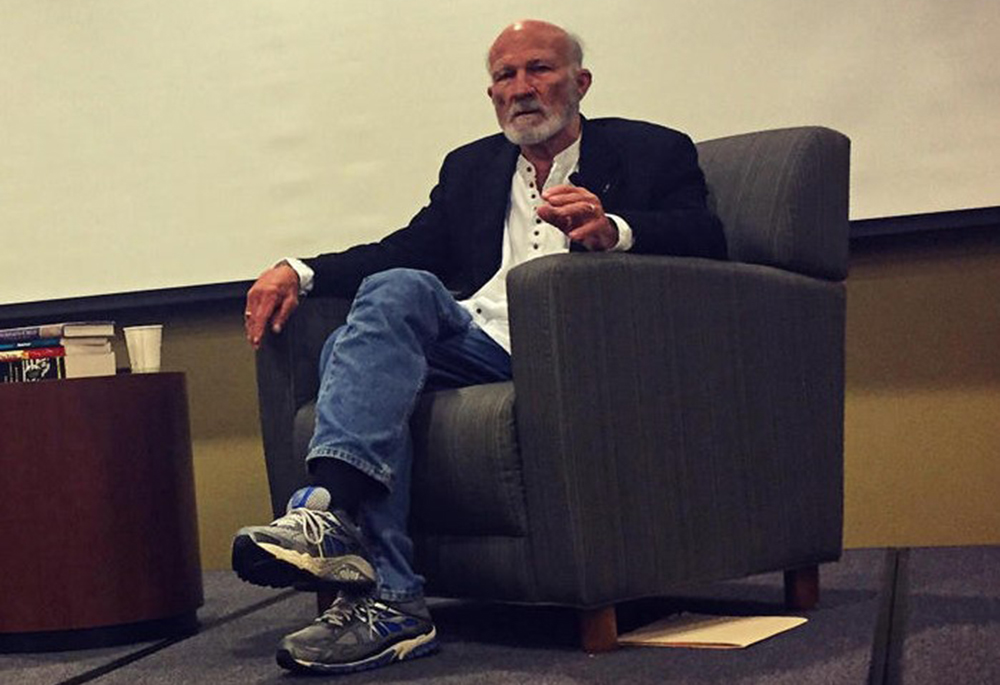
Theologian Stanley Hauerwas participates in a symposium on Sept. 17, 2015, at Augustana College in Rock Island, Illinois. (Wikimedia Commons/Benjamin Payne, CC BY-SA 4.0)
On this week's episode of "The Nonviolent Jesus Podcast," John Dear speaks with world-renowned theologian and ethicist Stanley Hauerwas. In 2001, Time magazine named him "America's best theologian."
Hauerwas taught at the University of Notre Dame before moving to Duke University where he was the Gilbert T. Rowe Professor of Divinity and Law at Duke Divinity School. He also taught at Duke Law School, and the University of Aberdeen. He has lectured around the world, and has even been featured on "Oprah."
Hauerwas has written many books, including, The Peaceable Kingdom: A Primer in Christian Ethics; Jesus Changes Everything: A New World Made Possible; Resident Aliens: Life in the Christian Colony; and Cross-Shattered Christ: Meditations on the Seven Last Words. Retired now at 85, he was interviewed for the podcast from his home in North Carolina.
"When I grew up, I didn't know what nonviolence was. That's because I'm from Texas," he said. "I went to Notre Dame to teach Catholics and ended up being shaped by Mennonites. I discovered that Jesus and the church were mutually interrelated. To worship Jesus is to bring to the world a witness of nonviolence that otherwise could not be seen."
Advertisement
Jesus is nonviolence, Hauerwas said. "Nonviolence isn't passive, it's vulnerable. It raises questions that demand responses. … The cross is a challenge to people who say 'Jesus is my Lord and Savior, but you have to kill someone every once in a while.' "
"The politics of Jesus exposed the false alternatives that claim to be peaceable but are in fact structural in their violence. God's will is to live in a world without violence. God's grace is always there making possible alternatives that would not be there without God's presence."
Hauerwas said that God is patient and so we must also be patient.
"In a world that has no time for patience, patience creates time and makes it possible for us to live our lives and work for nonviolent alternatives that otherwise would not be considered."

